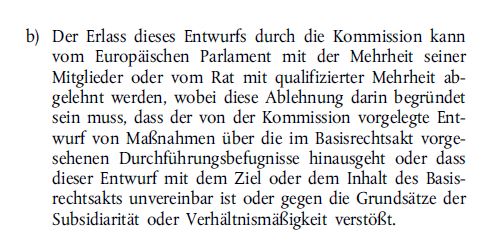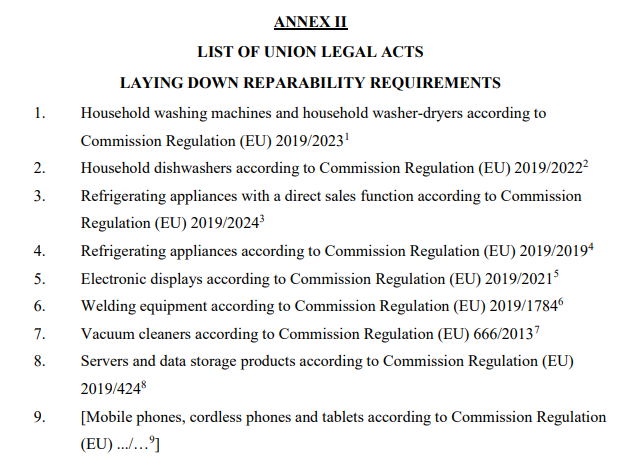Was steckt hinter dem Zaubertrick der Kommission beim #VerbrennerAus, das @Wissing dazu gebracht, seinen verantwortungslosen Widerstand einzustellen? Schnell gesagt: nicht viel. Ein kurzer Thread: 

1/ Bereits in dem Gesetzgebungstext zum #VerbrennerAus, wie ihn das Parlament angenommen hat (europarl.europa.eu/doceo/document…), steht drin, was Wissing jetzt bekommen hat: der rechtlich unverbindliche Erwägungsgrund 11 wird in eine rechtlich unverbindliche Erklärung übertragen. 

2/ Umgesetzt werden soll das durch einen "delegierten Rechtsakt" in der Verordnung über die Typgenehmigung von Kraftfahrzeugen (Euro 5 und Euro 6): eur-lex.europa.eu/legal-content/… 

3/ Nach Art. 5 Abs. 3 dieser Verordnung dürfen "Anforderungen für die Typgenehmigung" im Wege technischer Rechtsetzung ("Regelungsverfahren mit Kontrolle" = "delegierter Rechtsakt") geändert werden, sofern es sich um "nicht wesentliche Bestimmungen" handelt. 

4/ Die "eFuels" sollen jetzt wohl als Betriebsform von Kraftfahrzeugen eingefügt werden, die "ausschließlich mit CO2-neutralen Kraftstoffen" betrieben werden. Hier kann man im Detail durchaus streiten, ob das noch eine "nicht wesentliche" Bestimmung ist.
5/ Kontrolliert wird das Ganze gem. Art. 5a des alten Komitologiebeschlusses (1999/468/EU) (eur-lex.europa.eu/legal-content/…), weil die Euro 6-VO noch aus der Zeit vor dem Lissabon-Vertrag stammt: Das EP (absolute Mehrheit) und der Rat (qualifizierte Mehrheit) können den Entwurf ablehnen. 

6/ Grundsätzlich dürfen delegierte Rechtsakte aber keine politischen Entscheidungen treffen. Es ist daher zweifelhaft, ob dieser Weg rechtlich trägt. Mit einem delegierten Rechtsakt einen politischen Streit zu lösen ist in sich widersprüchlich. Remember: #Taxonomy, Atom und Gas?
7/ FDP und @Wissing haben von der KOM bekommen, was sowieso schon vereinbart ist. Praktisch wird es 100% eFuels bei Kfz nicht geben. Preis dafür ist die politische Abwertung des EU-Gesetzgebungsverfahrens mit Mehrheitsentscheidung im Rat. Zu hoch! Das leider wird Nachahmer finden
Dank an @woelken und @micha_bloss, die mir geholfen haben, das Problem zu erkennen und rechtlich zu verorten.
• • •
Missing some Tweet in this thread? You can try to
force a refresh










